New Tool Improves Early Detection of Infantile Spasms
Researchers studied a new method for detecting infantile spasms (IS), a serious type of epilepsy that occurs in young children.
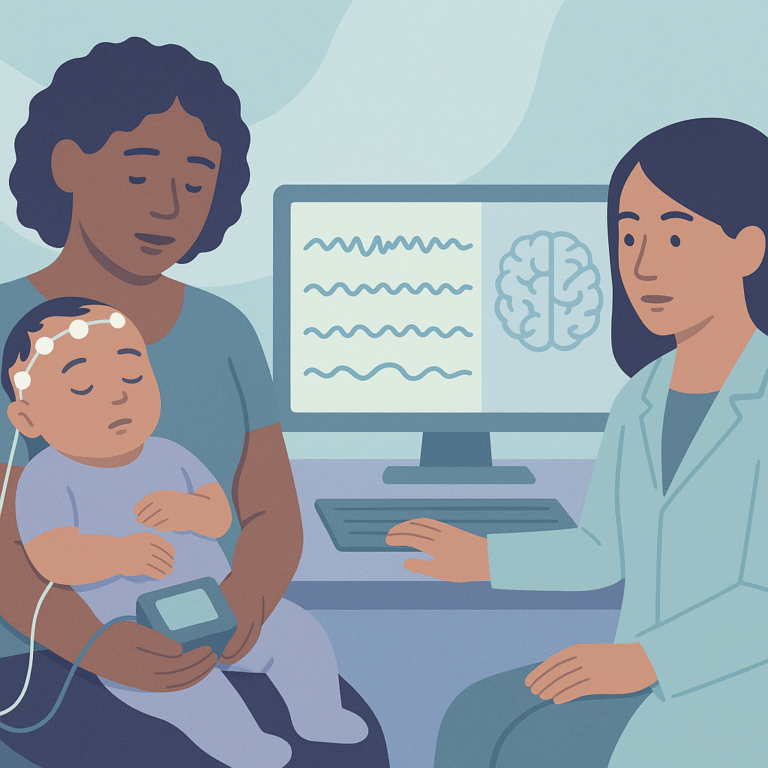
Researchers studied a new method for detecting infantile spasms (IS), a serious type of epilepsy that occurs in young children.

A recent study looked at how doctors in Germany, Austria, and Switzerland treat a serious condition called status epilepticus (SE), which is a prolonged seizure that can be life-threatening.

Researchers studied the effectiveness of the ketogenic diet (KD) for managing epileptic spasms (ES) in children.
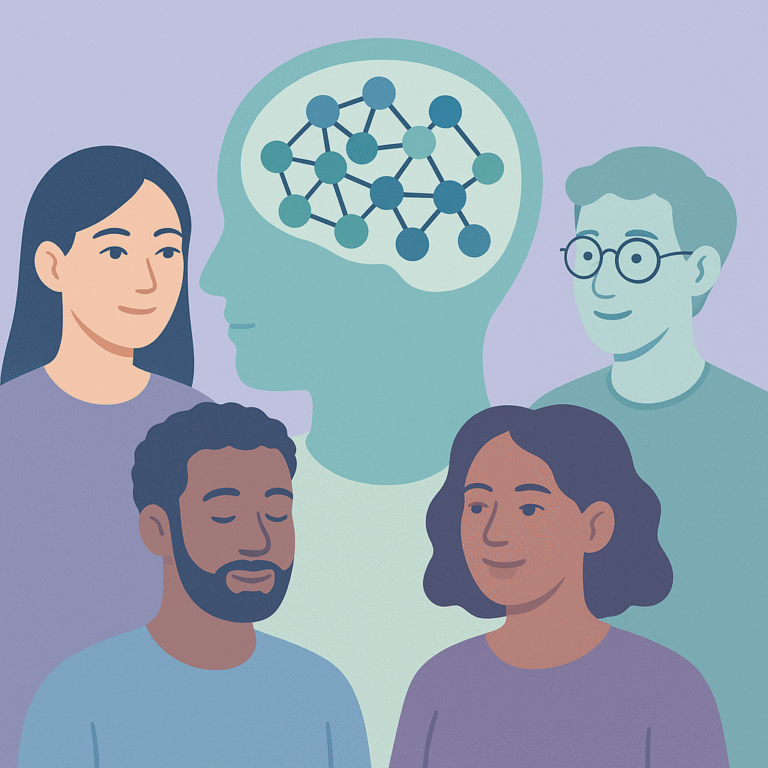
This study looked at how brain networks, which are organized into modules, behave under certain conditions that affect their activity.
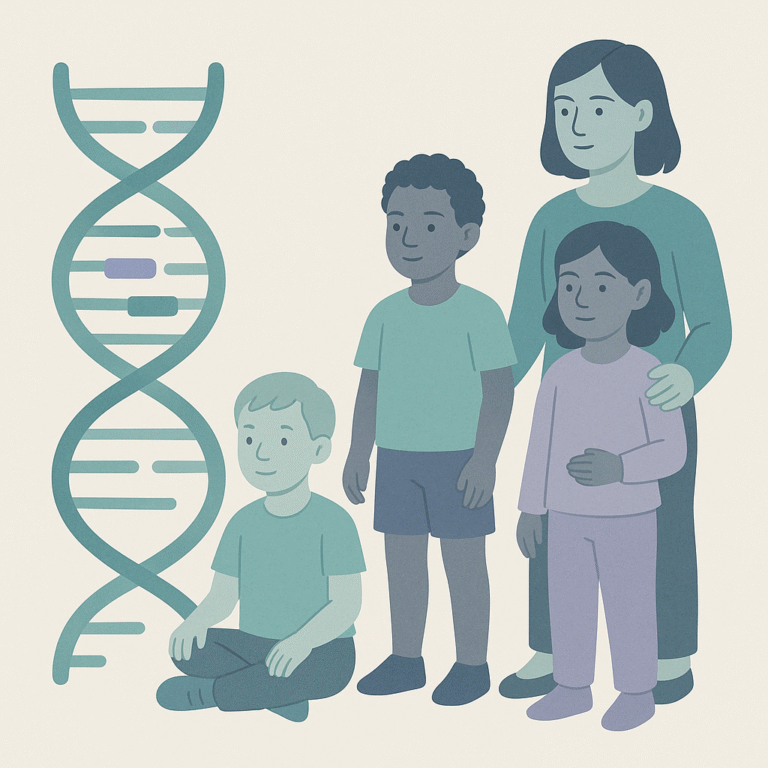
This study focused on understanding how changes in the KCNQ2 gene, which affects a specific potassium channel in the brain, relate to the developmental and seizure characteristics in children with KCNQ2 developmental and epileptic encephalopathy (DEE).
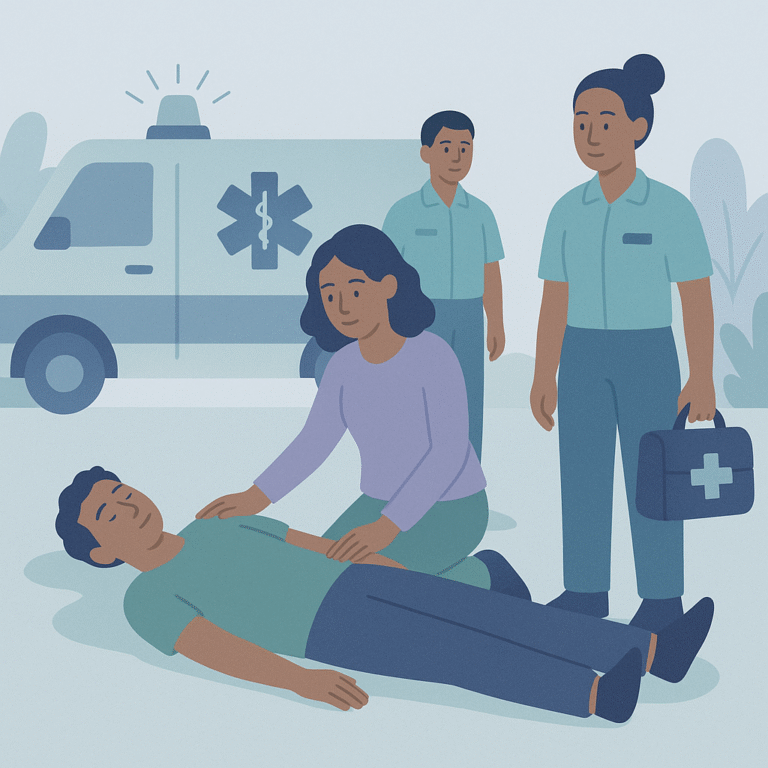
Researchers in Madrid, Spain, studied how to improve the emergency care of people experiencing epileptic seizures.
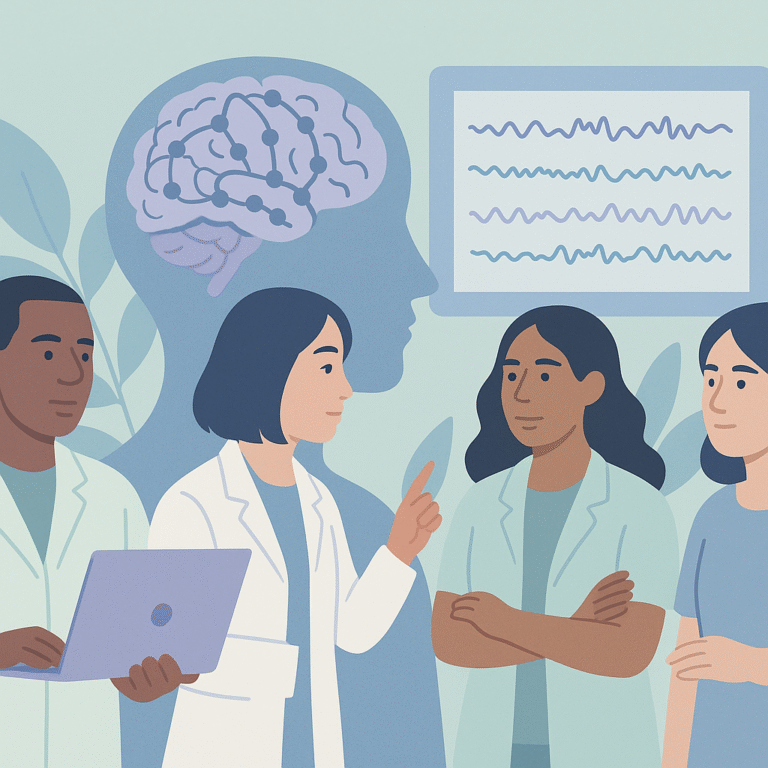
Researchers studied how to improve surgical strategies for patients with drug-resistant temporal lobe epilepsy (TLE) using a method called stereo-electroencephalography (SEEG).

This study focused on adults with idiopathic generalized epilepsy (IGE), a type of epilepsy that can cause seizures without a clear cause.
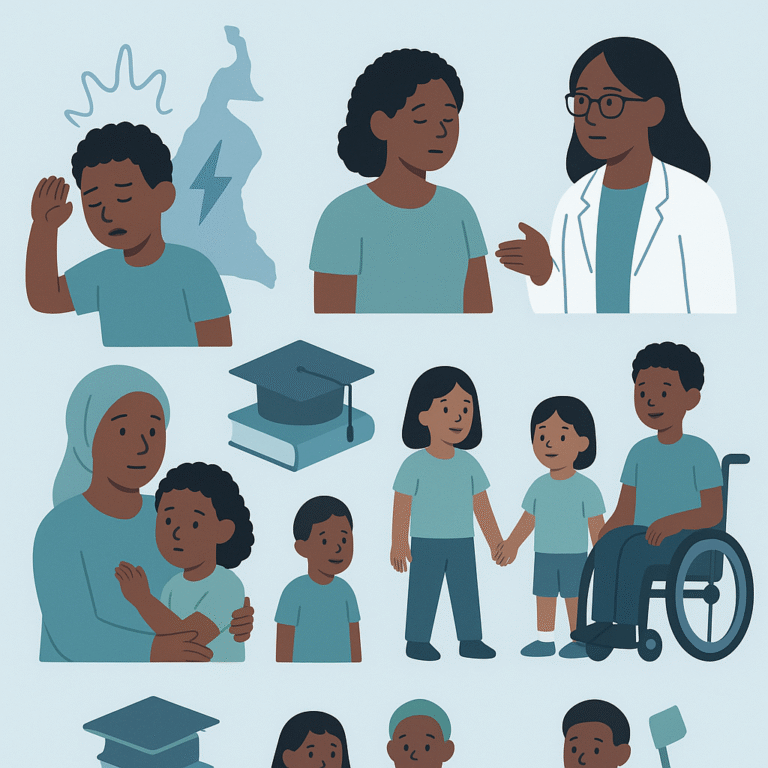
This study focused on childhood epilepsy in Cameroon, examining the clinical patterns, factors that predict seizure control, and the impact on education.